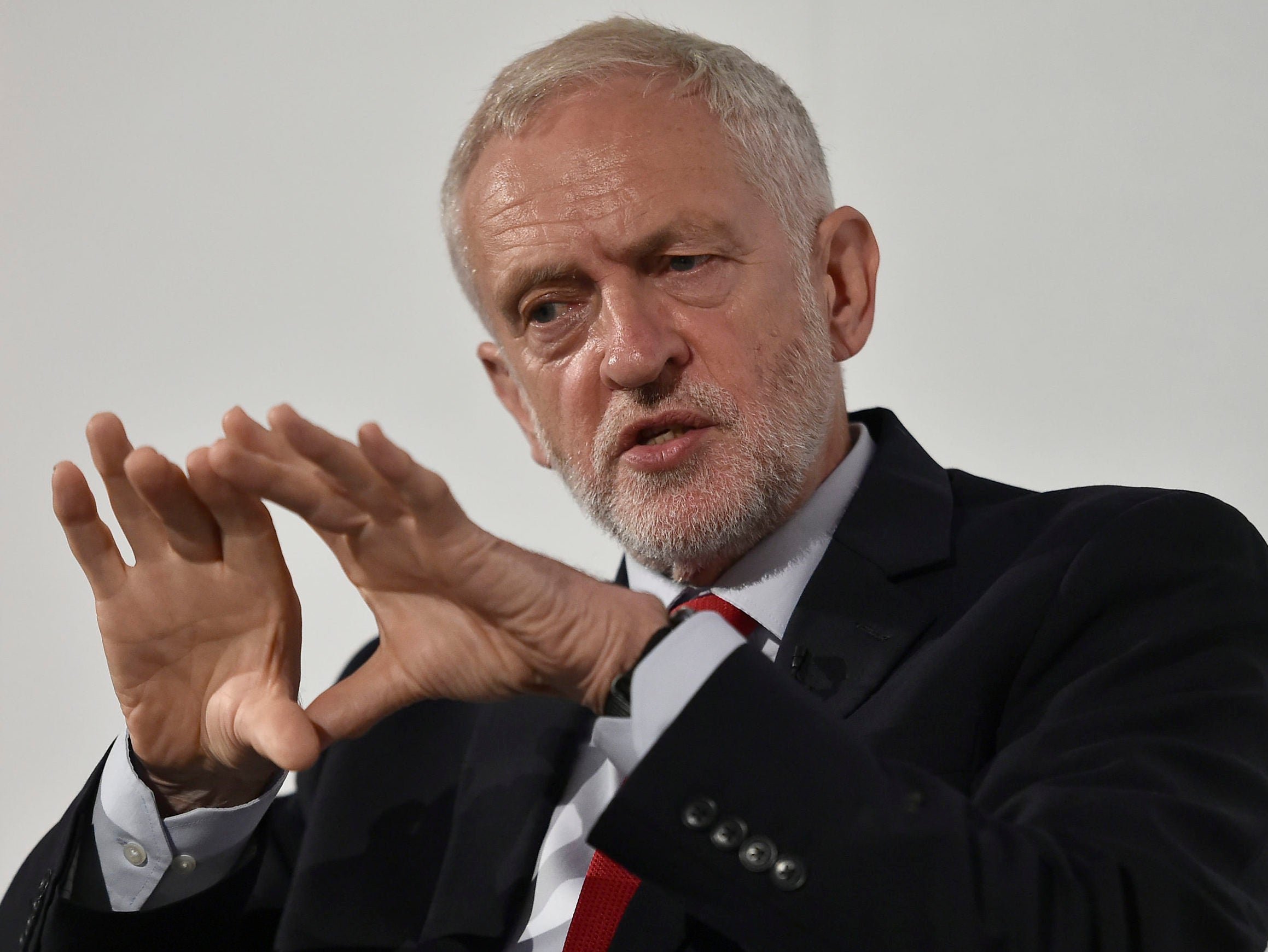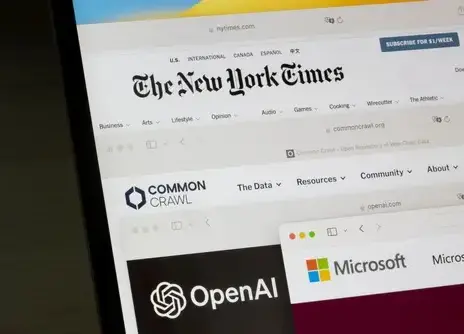
The Sun and Telegraph are among newspapers to have hit out at Jeremy Corbyn’s proposals for a sustainable media industry, saying his only aim is to “silence” and “squeeze” the free press.
Among proposals suggested by Corbyn, which included reforms to the BBC, were:
- Creating a publicly-owned British Digital Corporation which would develop a “public social media platform”
- Giving journalists the right to elect their editors once their title or programme becomes “particularly large or influential”
- Creating a “public interest media fund” to be paid for by tech giants like Facebook and Google.
In a leader column today, the Sun claimed Corbyn’s “sole motive in ‘changing the media’ is to silence a hostile press”.
It said the “giveaway” was when he “attacked” broadcasters for following up print stories by saying: “Just because it’s on the front page of the Sun or the Mail doesn’t automatically make it news”.
The Sun said: “Could this be because recent front pages have exposed Labour’s racism? That is news, as page one stories in the two biggest daily papers tend to be.
“Britain already has the world’s most vibrant media. Corbyn is feigning some high-minded interest in improving it. But the last thing he wants is it holding a future Labour Government to account.”
Labour is currently pursuing a complaint with press regulator IPSO against a number of national newspapers over their coverage of his attendance at a wreath-laying ceremony in Tunisia.
The Sun’s leader column added that Corbyn’s plan for a “state-run Facebook rival” was “ridiculous and pointless”.
The Guardian praised some of Corbyn’s ideas, including those to strengthen the Freedom of Information Act by ending ministerial vetoes, give charitable status to local newspapers, and subsidise the licence fee for poorer households.
But it said he should have gone further to tackle the “dysfunction of the current media market” caused largely by Facebook and Google.
“Mr Corbyn does understand that digital disruption comes in many forms and sucks revenues out of print,” the newspaper said.
“But the Labour leader’s idea that ‘a windfall tax on the digital monopolies’ could ‘create a public interest media fund’ is flawed.”
The Guardian also said Corbyn should have more substantially tackled the issue of “fake news”, adding: “It was disappointing instead that he chose to attack newspapers, which, he said, people thought ‘churn out fake news day in, day out’.”
The Telegraph said Corbyn’s plan amounted to two phases: growing the BBC, then taking it over.
“This is not about making the media representative in the strict sense of the word, otherwise about half the BBC’s staff would have to be Brexit voters and/or believe in God,” it said.
“No, this is about turning the BBC into an instrument of Corbynite control and using it to squeeze the free press out of the market.”
The newspaper added that Corbyn’s speech had brought “yet more evidence of why the freedom of the press must be defended, including from attempts to regulate it by statute”.
Independent executive editor Will Gore described some of Corbyn’s ideas as “canny” and “interesting in their way” – but added they are “underpinned by a hostility to the status quo (economic and political) which goes beyond merely wanting to see journalists be more widely trusted”.
He wrote: “Corbyn knows his opponents in the press are not going to disappear. Better then to write off the entire ‘mainstream media’ as untrustworthy and biased, just as Trump has done so effectively in the States.
“Indeed, that Corbyn deploys the phrase ‘fake news’ in his speech today is no accident. That approach won Trump the White House – it might, even minus Trumpian bombast, propel Corbyn to Downing Street.”
Spectator editor Fraser Nelson, writing in his Telegraph column, echoed the Sun’s views, saying Corbyn’s plan would amount to the “erosion of the boundary between the Government and the press”.
He wrote: “Corbyn yesterday said how much he enjoys the election period, where broadcasters face tighter government rules on political balance. His hint was that he might make this the norm.
“Even to dangle these rules as a threat establishes a basic principle: after all these centuries of press freedom, newspapers are now part of the Government’s train set.”
Spiked editor Mick Hume wrote in the Sun that Labour’s plans would create “government-approved journalism produced by a tame, state-sponsored press”, adding: “…the real message was clear: Never mind all that freedom nonsense — let’s nationalise the news.”
Hume also questioned who would define public interest journalism in order to decide who would receive funding from a potential tax on tech giants.
“Who decides what the public interest might mean?” he asked. “Government ministers? High court judges? Simon Cowell and Cheryl? Jeremy Corbyn’s press office?
“Look a little closer and it is clear there is no consensus on what qualifies as public-interest journalism.
“It is just an ethical-sounding excuse for imposing your own interests on what are really matters of personal taste and political preference.”
Picture: Neil Hanna/PA Wire
Email pged@pressgazette.co.uk to point out mistakes, provide story tips or send in a letter for publication on our "Letters Page" blog






